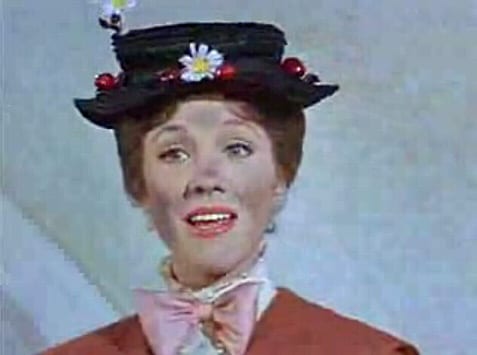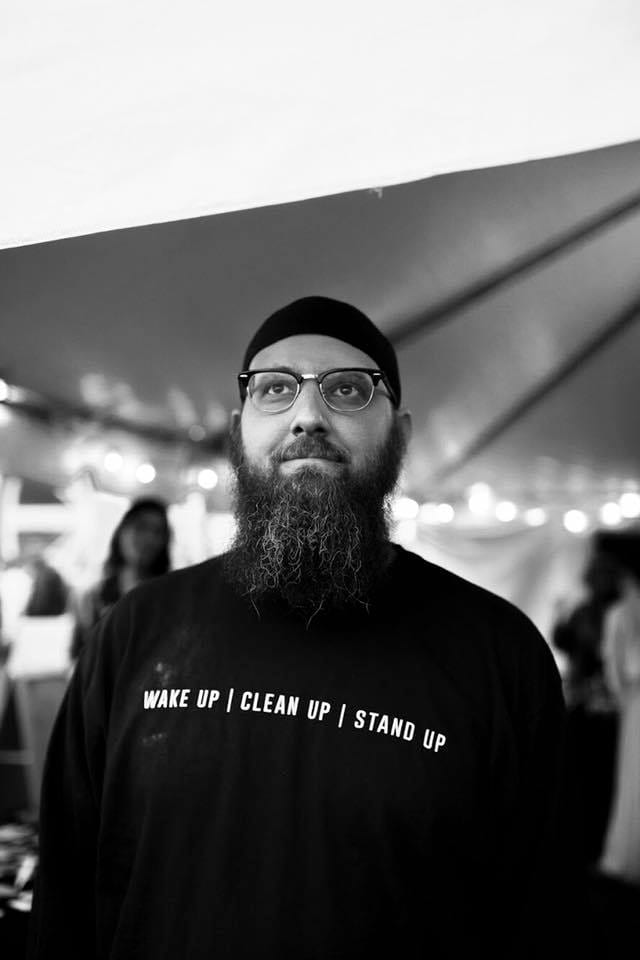
Right now nearly 2 billion Muslims are celebrating Eid. Is it just a holiday name on a somewhat inclusive calendar for you? Does the description, “festival of the breaking of the fast” marking the end of Ramadan, the ninth month of the Islamic calendar, when Muslims fast from before dawn until sunset actually give you any insights or make you think, “Clearly going 17 hours with no food or drink is an occasion for JOY!”? Do you observe Ramadan and want to share your own comments?
Well DePaul’s Muslim Chaplain and Assistant Director of the Office of Religious Diversity, Abdul-Malik Ryan, just published a blog piece originally posted on Medium.com entitled “Ramadan is like Mary Poppins” in which he paints a picture of what Ramadan means to him as seen through the lens of Mary Poppins.
I’ll share a portion of the writing as a warm-up, but give the entire text a read when you have a chance, and feel free to share comments below:
In Ramadan we do things we never knew we could
If we were asked before we experienced Ramadan, when we might have tried fasting once on a relatively short day and found it difficult, whether we could fast a month straight of nearly 17 hour days, while standing to pray in the nights, maintaining our work schedule, spending significant amounts on numerous worthy causes, while maintaining a cheerful attitude with a range of people we don’t always spend time with…we would surely not think it is possible. Yet, many of us have found we can do that with the help of faith, hope, and the special conditions of Ramadan. The Banks family would never have imagined they could do the special things they did with Mary Poppins, whether it was hopping into chalk drawings, dancing on the rooftops of London, or telling off their boss when he deserved it, but with Mary Poppins around accomplishing what they would have thought impossible became a regular occurrence.
Ramadan brings joy into our lives
It is most famously in the scene where the children go to the chalk drawing in the County Fair that one sees the enormous joy Mary Poppins brings into their lives, as the song says “It’s a jolly holiday with Mary, no wonder that it’s Mary that we love.” This is of course also seen in making a task like cleaning the nursery fun, or spending an afternoon laughing themselves up to the ceiling. Although it is filled with fasting and other forms of worship, Ramadan is a time of joy for most Muslims. Most of us have some of our fondest memories in this month and we look forward to it. Routines are changed, families spend more time together, people visit each other more often. While excessive feasting in the evening is not recommended, even a small meal after fasting brings a person pleasure and tranquility. The Prophet (saw) told us that the fasting person has two joys; one when breaking the fast and one when he or she meets God. The month is filled with joy for many and culminates of course in Eid, where one relishes in the accomplishments of a month of getting closer to God and to each other.
Katie Brick is the Director of the Office of Religious Diversity
https://medium.com/@abunoorabdulmalikryan/ramadan-is-like-mary-poppins-6c598669bde8

